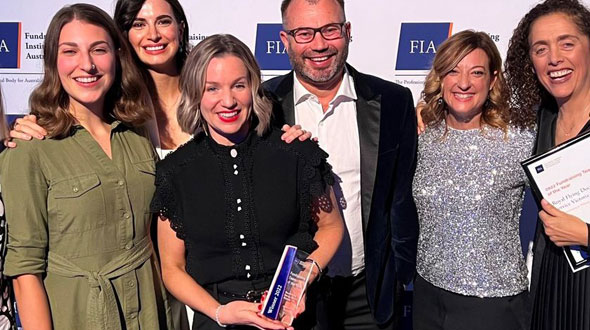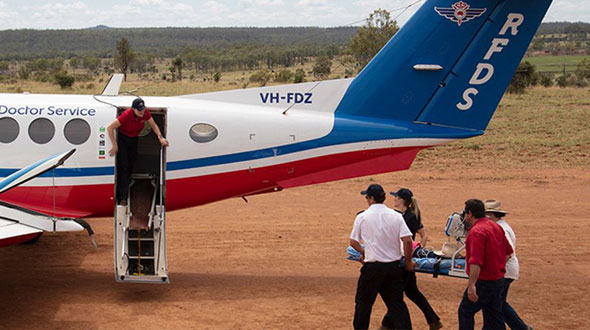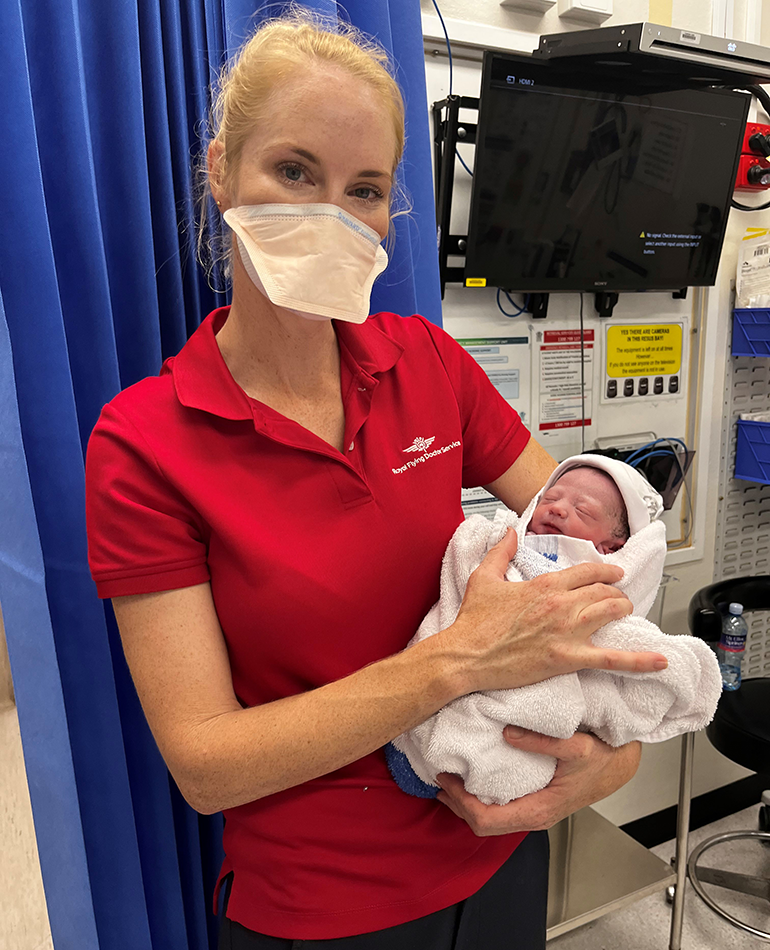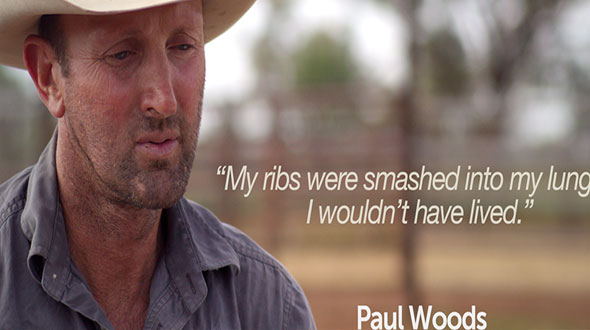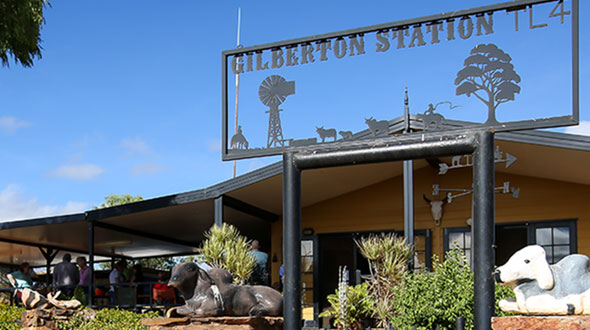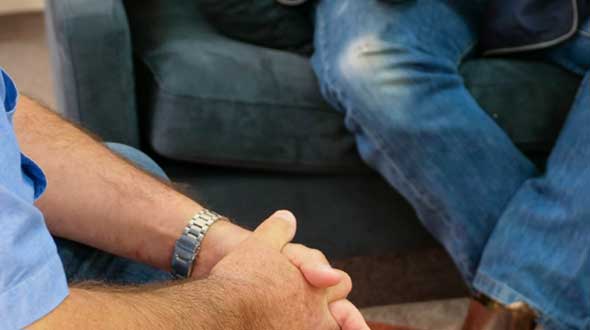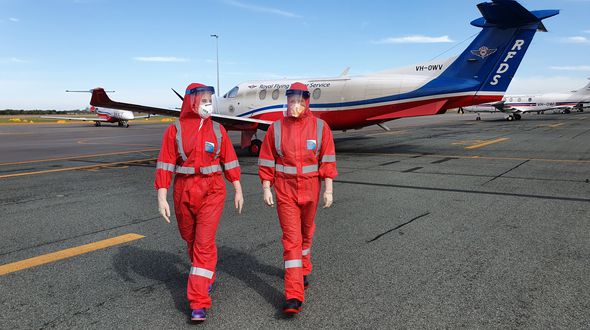Article supplied by RFDS
Far North Queensland cattle producer and tourist operator Lyn French has a lifelong association with the Flying Doctor.
So too, does her husband Rob, whose ancestors worked closely with the aerial ambulance and then the RFDS to help bring transceivers to Queensland stations.
For more than 150 years the French family has lived on Gilberton Station, an 88,000-acre seventh generation cattle station approximately 500 kilometres west of Townsville.
Lyn says if it wasn’t for the Flying Doctor’s emergency and primary health care services her family would struggle to live in such a remote location.
“Growing up, my mother was always saying ‘thank God for the Flying Doctor’ and I never understood what she meant because I didn’t know life without them.”
Now married, with children and grandchildren of her own, Lyn says she truly appreciates and understands the importance of her mother’s words.
“There’s been a few accidents where we wouldn’t have survived without the RFDS.
“The worst incident we had was in 1999, when our daughter Anna was only six years old. She had a horrific accident while mustering, sustaining a compound fracture to her leg and breaking her pelvis in three places.
“Being an hour from the homestead meant we had to unsaddle our horses, make a bed on the back of the ute, tie Anna’s legs together with the rein of the horse bridle to keep her stable, and travel the 20 kilometres home at a snail’s pace to call for help.
“By the time we contacted the Flying Doctor, Anna had gone into shock. I don’t know what the outcome would have been if the RFDS wasn’t able to fly her to Townsville. As it was, she spent three months in traction before coming home in a full body cast for another eight weeks.
“So, in my mother’s words: ‘thank God for the Flying Doctor!’
“They’re such a constant in our lives — they’re our GP, our chemist, our dentist, emotional support and our mantel of safety — we really couldn’t live where we do without them.”
In 2001, Gilberton Station hosted the first RFDS Field Days for the Cairns-based health promotions team and Lyn says it’s the best thing to happen to their community.
“From the young to the old, RFDS staff have taught all in our community so much about primary health care. We’ve learned about medical issues we weren’t aware of, how to treat snake bites, respond to farming accidents, administer medication and how to prioritise our health and wellbeing.”
As a mother of three, Lyn said administering medication would not be possible without the RFDS medical chest.
“Our chest holds items ranging from antibiotics to heart attack medication and injections for pain relief.
“Everything is safely labelled, so when the doctor prescribes a medication we can easily identify and administer it appropriately.”
More recently, the French family has also come to appreciate the Flying Doctor’s telehealth service.
“My elderly father-in-law has had some health issues over the past few years and to be able to access healthcare from home has been a godsend.
He’s able to regularly chat to his doctor without making the eight-hour trip to Cairns.
“I’m so grateful for all of the services provided by the RFDS and to have had a lifelong association with such an iconic organisation. My children, and now grandchildren, have grown up idolizing the Flying Doctor and I have no doubt the French family will be associated with the RFDS for generations to come.”READ MORE STAFF AND PATIENT STORIES


